Cibinqo (abrocitinib) is a prescription medicine used to treat adults and children 12 years of age and older with moderate-to-severe atopic dermatitis (eczema) that did not respond to other treatment and is not well controlled with prescription medicines, including biologics, or when they cannot be tolerated.
Description: Cibinqo is a small molecule Janus kinase 1 (JAK1) inhibitor. JAK1 is a signaling enzyme that plays a role in the inflammatory and immune response. By blocking JAK1, Cibinqo helps to reduce inflammation and itching in eczema.
Uses: Cibinqo is used to treat adults and children 12 years of age and older with moderate-to-severe eczema that did not respond to other treatment and is not well controlled with prescription medicines, including biologics, or when they cannot be tolerated.
Storage Conditions: Cibinqo tablets should be stored at room temperature (68°F to 77°F) in their original container.
Mechanism of action: Cibinqo works by blocking the action of JAK1, a signaling enzyme that plays a role in the inflammatory and immune response. By blocking JAK1, Cibinqo helps to reduce inflammation and itching in eczema.
How to use: Cibinqo is taken once a day by mouth, with or without food. The recommended dosage is 100 mg for most adults. If an adequate response is not achieved after 12 weeks, the dosage may be increased to 200 mg. Cibinqo should be discontinued if an adequate response is not seen after dosage increase to 200 mg once daily.
Important Safety Information: Cibinqo can cause serious side effects, including:
- Serious infections: Cibinqo can weaken your immune system, making you more susceptible to infections.
- Allergic reactions: Cibinqo can cause severe allergic reactions, including anaphylaxis.
- Blood clots: Cibinqo may increase your risk of blood clots.
- Liver damage: Cibinqo can cause liver damage.
Indications: Cibinqo is indicated for the treatment of moderate-to-severe atopic dermatitis (eczema) in adults and children 12 years of age and older who have not responded to other systemic therapies or who cannot tolerate other systemic therapies.
Precautions: Cibinqo should be used with caution in patients with:
- Active infections
- A history of allergic reactions
- A history of blood clots
- Liver disease
- Kidney disease
- HIV/AIDS
Interactions: Cibinqo can interact with other medications, including:
- Live vaccines
- Immunosuppressants
- Medications that can increase the risk of blood clots
- Medications that can damage the liver
Contraindications: Cibinqo is contraindicated in patients with:
- A known allergy to abrocitinib
- Active tuberculosis
- Severe active infections
Overdose: There is no specific antidote for overdose of Cibinqo. In case of overdose, supportive care should be provided.
Side effects: The most common side effects of Cibinqo include:
- Upper respiratory tract infections
- Headache
- Nausea
- Diarrhea
- Abdominal pain
- Increased liver enzymes
Less common side effects include:
- Serious infections
- Allergic reactions
- Blood clots
- Liver damage
- Decreased white blood cell count
- Decreased platelet count
- Decreased neutrophil count
- Decreased lymphocyte count
- Increased cholesterol
- Increased triglycerides
- Increased blood sugar
- Hypoglycemia
- High blood pressure
- Low blood pressure
- Fatigue
- Dizziness
- Rash
- Itching
- Hair loss
- Muscle pain
- Joint pain
- Back pain
- Insomnia
- Anxiety
- Depression
- Vision changes
If you experience any of these side effects, talk to your doctor.
Please note: This is not a complete list of all of the potential side effects of Cibinqo. For more information, please see the full prescribing information.

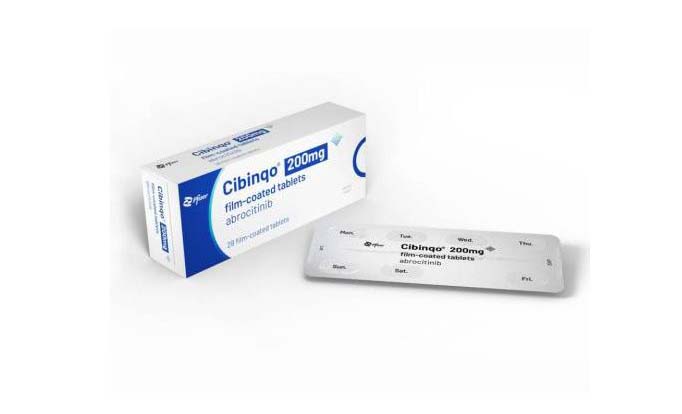
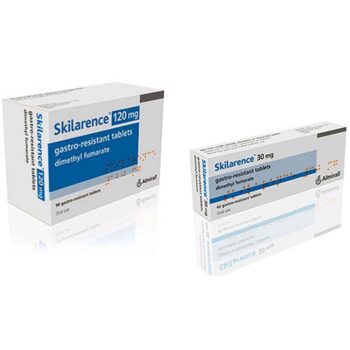
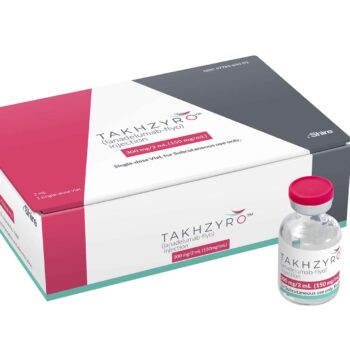
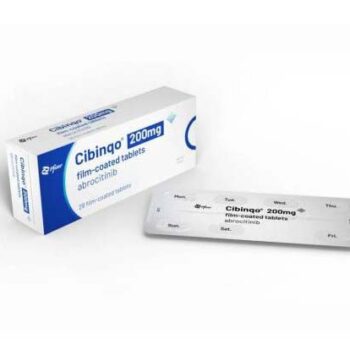
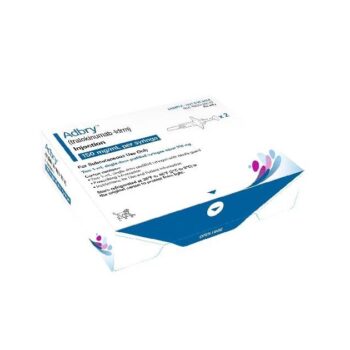
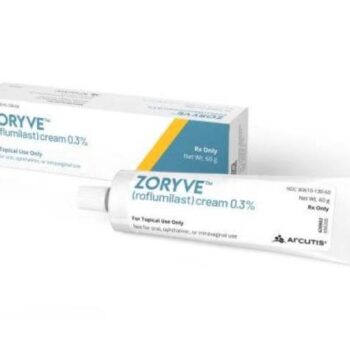
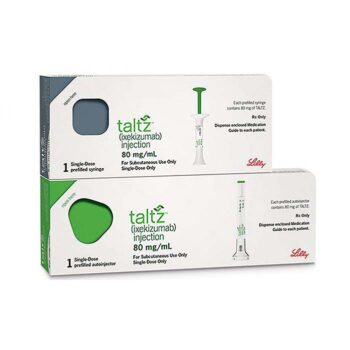
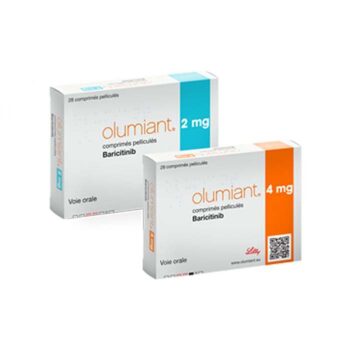


Sophia Martinez –
I’ve been on Cibinqo for several months, and it’s been effective at controlling my eczema flare-ups. The medication is easy to take daily, and I haven’t had any major side effects. My dermatologist recommended it, and I’m glad I followed through—definitely a five-star product.
dhughes_dermcare –
After trying multiple treatments, Cibinqo finally provided real relief from my atopic dermatitis symptoms. It helped reduce inflammation and improved my skin’s texture noticeably. I feel more confident and comfortable in my skin. Very satisfied with this medication.
Olivia Bennett –
Cibinqo has made a huge difference in managing my moderate-to-severe eczema. Within a few weeks, the itching and redness reduced significantly, and my skin started to heal. The pill form is easy to take, and I’ve experienced minimal side effects. Highly recommend for anyone struggling with persistent eczema.